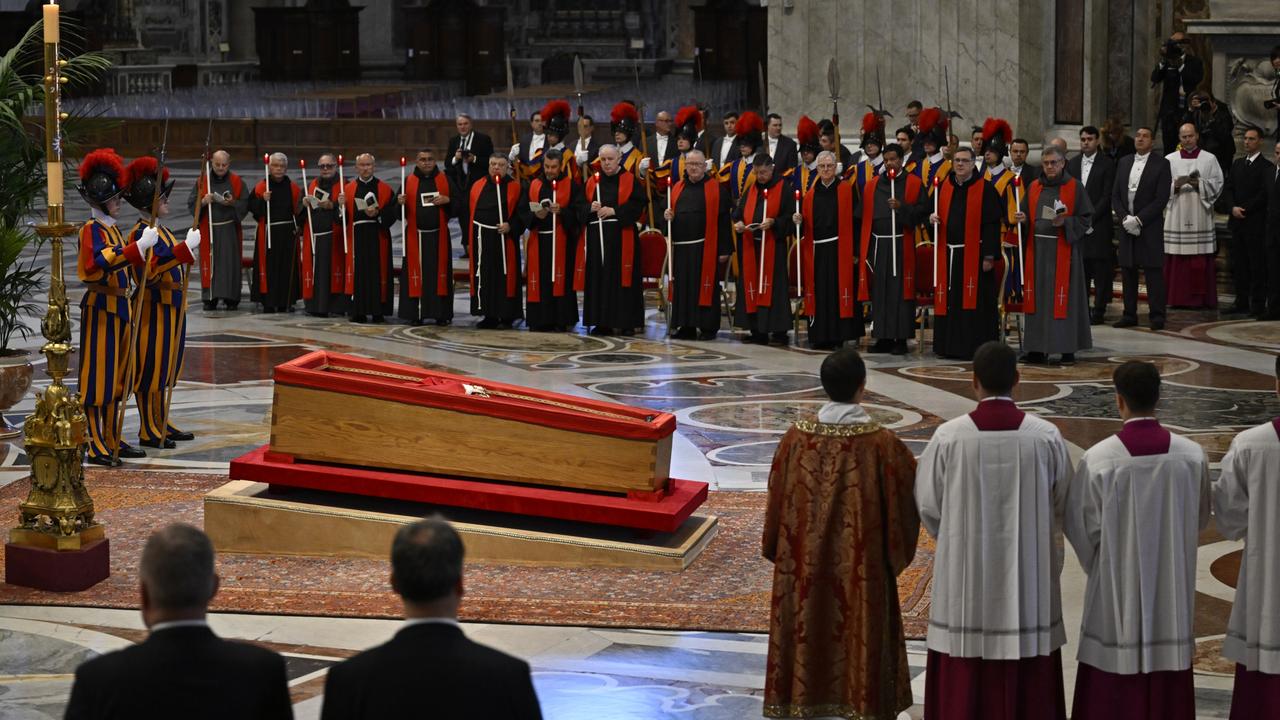Taliban blasts bounce off the people to hit unity government
The Taliban has shown, yet again, that it is able to strike at will in the Afghan capital.

The Taliban has shown, yet again, that it is able to strike at will in the Afghan capital after three bombs were detonated on Monday, targeting military installations in Kabul.
On Monday afternoon two bombs killed at least 41 people and wounded 110 others outside the Defence Ministry.
After the first bomb, soldiers and police rushed to the scene. Witnesses described seeing a man, believed to be wearing a suicide vest, run to where the police and soldiers had gathered and detonate a second bomb, killing many of those who had gone to help.
“When the first explosion happened people crowded to the site and then the second blast occurred, which was really powerful and killed lots of people,” a witness, Samiullah Safi, told Reuters.
At 11pm on Monday night a car bomb was detonated in a residential area of Kabul. Following the explosion, gunmen entered a government compound, near the office of aid agency CARE International.
At daybreak yesterday police began a battle with the insurgents and killed them. One civilian also died and six were wounded.
It is believed 42 people, including 10 foreigners, mainly British and German citizens, were evacuated from the CARE office as well as nearby guesthouses.
Afghan journalist Bilal Sarwary said among the dead from the attack near the Defence Ministry were some of Kabul’s most senior police and army officers, including police commander Ahmed Khan, who was responsible for foiling many terrorist attacks in the city.
Also killed was General Zaman Ahmadzai, who was responsible for President Ashraf Ghani’s personal security.
“People have become resilient so it is not affecting the morale of people,” analyst Haroun Mir told The Australian. “Despite all these attacks life is going on as if nothing has happened.”
But Mr Mir said the ease with which the Taliban, which claimed responsibility for the attack, was able to conduct such operations pointed to weak leadership in the unity government of Dr Ghani and the country’s Chief Executive Abdullah Abdullah.
“They cannot paralyse Kabul, but the damage has been for the national unity government because it is not the security situation we are worried about, it is more the political situation,” he said. “I think the security is a consequence of the political situation.”
Fighting between Dr Ghani and Dr Abdullah had led to poor leadership in a number of areas, including security.
“These places have been attacked before, it is not something new,” Mr Mir said.
“The problem is the government is not learning from it … there is a total lack of leadership when it comes to maintaining security in Kabul.
“The government is paralysed and the two leaders are in a confrontational mood. I think we have reached a point where the national unity government cannot move forward. Everyone is trying to save the … government from collapse, this is not something that we wish. We wish our government to move forward and improve things.”



To join the conversation, please log in. Don't have an account? Register
Join the conversation, you are commenting as Logout